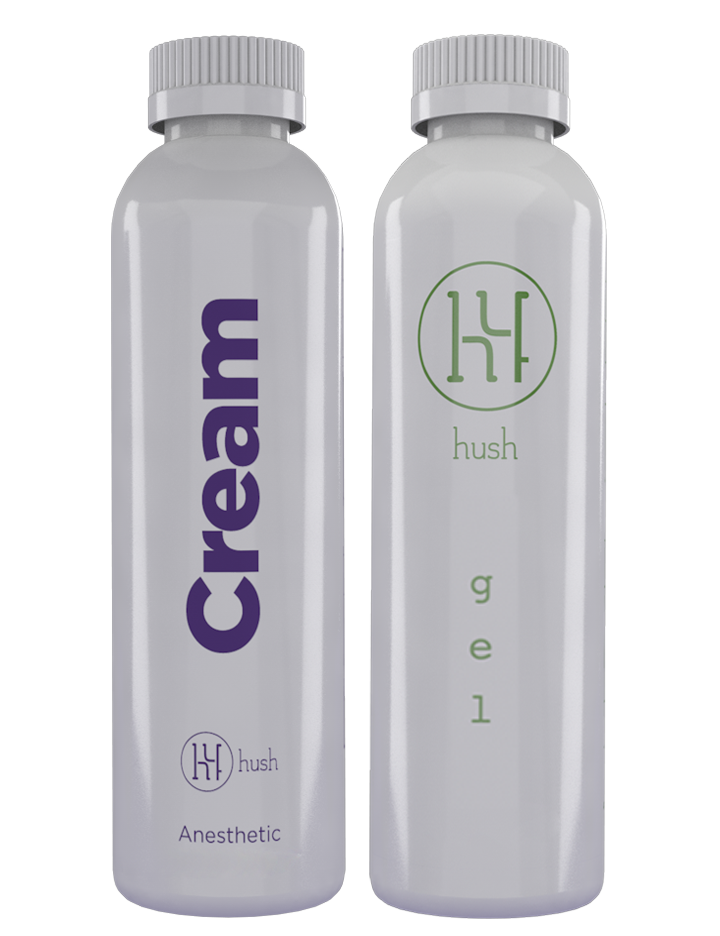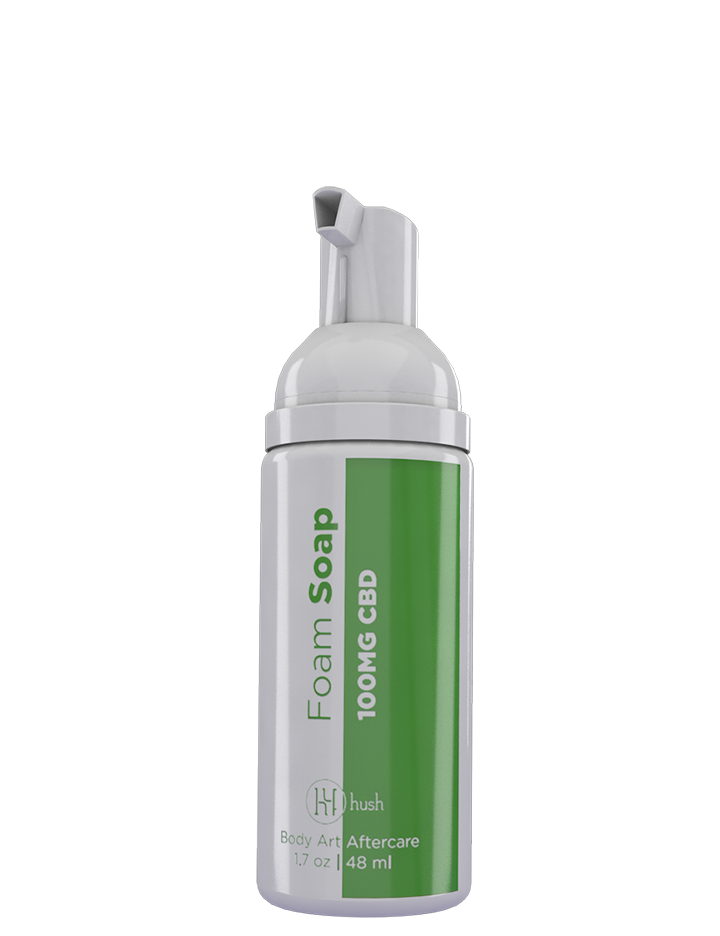Deciding on the tattoo you want is only the first step. The second, and arguably most important step, is finding the right person to turn your tattoo idea into a reality. The right artist will work to create a tattoo you genuinely love in a sterile environment using proper equipment.
Here’s how to choose the right tattoo artist at the right tattoo shop. Don’t book an appointment until you’ve found the one.
If They Don’t Have a Shop, Don’t Even Think About It
A tattoo requires the same level of sanitation as an outpatient surgical procedure. A tattoo is a wound. You’re repeatedly being punctured with needles, which can introduce pathogens or bacteria into your bloodstream without the proper precautions.
You should never go to someone’s house or have someone come to your house to give you a tattoo. Tattoos should always occur in a tattoo shop or a similar place, like a medical aesthetics facility. Any place you get a tattoo needs to have proper medical-grade sanitation certifications, and the person giving you a tattoo must be licensed.
Your friend might be a great artist, and some of the tattoos they’ve done might look pretty rad. If they have a knack for it, encourage them to go through the process of becoming a licensed tattoo artist.
Promise to be one of their first clients when they complete the process and start working at a shop. Until then, don’t let them come near you with a needle and ink.
Start With Your Travel Radius
How far are you willing to travel for a great tattoo? Some people will travel to other countries to work with a masterful artist. Other people are willing to drive an hour or two.
Be realistic about how far you’re willing to go, and search for all tattoo shops within that radius. This list will serve as your starting point.
Ask Your Friends
Your friends are the best source for information about great artists and tattoo shops. You know what your friends’ tattoos look like. Ask your friends with the tattoos you like the most where they went, and if they’d recommend the artist or shop they went to.
You’ll have the opportunity to see how well their work healed and get a first-hand account of their experience. Use their recommendations to narrow down your list of contenders.
If you’re not sure where to start, ask on social media. People who love their tattoos are usually eager to share pictures and talk about the artists they’re loyal to.
Snoop the Shop
If you can’t stop by and visit the tattoo shop, check their social media, tagged photos, and review photos to see the inside of the place. Looks aren’t everything, but it’s always a good idea to look for warning signs that the shop isn’t being properly maintained. If the place looks cluttered, the floors are dirty, or you can see evidence that the roof is leaking, skip that shop.
Tattoo shops are intended to be a place of artistic expression and sanitation. If there’s a lot of art hanging up on the walls or the place is well decorated, that’s a sign that the artists who work there are passionate about their creativity.
While a lavishly decorated tattoo shop has a great ambiance, aesthetics don’t matter as much as how the shop is cleaned and organized. Don’t pick a shop just because it looks pretty. Pick a shop because you know you’d feel comfortable there.
Look at Each Artist’s Portfolio

Some people start their quest looking for the artist and then checking out the shop where they work. You can do it that way if you’d like. If you’re looking for the shop first, check the shop’s website for a list of all the artists who work there.
The shop will post the best possible photos of each artist’s work. Can you blame them? Who wants to advertise their skills using a piece of work they aren’t proud of? That’s why you need to check the shop and the artists’ social media for tagged photos that the clients uploaded themselves.
If you notice a big discrepancy between the photos posted by the shop or the artist and the photos posted by the client who received the tattoo, that’s a warning sign. The shop will use an excellent camera and great lighting to take the best possible photo of the tattoo, and the client may not have the same capability.
It’s okay if they look a little different, but it’s not the best idea to trust an artist if their portfolio and their work in the wild look like completely different tattoos.
How Well Does Their Work Age?
The real test of a tattoo artist isn’t what their work looks like when it’s freshly done. It’s how those same tattoos look after a few years of healing. If they’ve significantly faded or the ink has bled out of the lines and turned blotchy, then the artist’s technique is bad.
When you’re reviewing their work, look in reverse. Start with their oldest tagged works and see if the tattoo is visible in any recent public pictures their clients have posted.
It’s normal for a tattoo to change a little bit with time, but it should still be clear what the tattoo is. If it’s unrecognizable, if the person had the tattoo covered up, or if they had it removed, that’s a bad sign.
Read Reviews on the Artist and the Establishment
People are eager to share if they’ve had a very good experience. They’re also eager to share if they’ve had a very bad experience. No tattoo shop or artist can please everyone, but you should pay attention to the contents of the reviews.
Are the bad reviews criticizing their sanitary practices or shedding light on very significant mistakes their artists have made? Do they mention a chaotic or distracting environment that made it difficult to sit in for a tattoo session?
Take a look at the good reviews. What do they point out that makes the shop top tier? Do they mention awesome artists who make them feel comfortable and welcome? Did their tattoo exceed their expectations?
How Responsive Is the Artist?
Tattoo artists are busy people, but the best will always make time for their clients. Communication is extremely important. If your artist is hard to track down, the process of booking an appointment and managing the care of your new tattoo might be difficult.
You need to have an easy way to contact your artist, and they need to be responsive. If you’re waiting on them to draw up your tattoo or make changes to the design, how quickly can they get back to you? Will they be available if you have questions about your aftercare or need to book a touch-up appointment?
If you’re reaching out to an artist with a serious inquiry and it takes them days to respond, that’s a sign that your artist isn’t as invested in the tattoo as you are. Don’t push to work with an artist that’s impossible to get a hold of.
What Else Does the Shop Offer?

While the tattoo is the most important part of your experience, it’s not the only important part of the experience. You want to be comfortable and in good hands. A great shop and a top-tier artist will know how to make your tattoo experience as positive as possible.
If you’re not keen on the pain element of getting a tattoo, look for shops that offer our numbing products. A great tattoo artist doesn’t want you to be miserable during your session. They’ll be happy to numb you beforehand or set you up with the products you should use before your first session.
If you’re getting a tattoo that requires you to remove pieces of your clothing, you probably want the shop to offer an isolated, private place where you’d feel less exposed. You probably don’t want to be stuck next to an open glass storefront with your shirt off.
When Should I Book My Appointment?
You should book your appointment once you know for sure what tattoo you’d like to get, you feel great about the artist you’ve chosen, and you like the shop they work from. Take as much time as you need. You’re only going to get this tattoo once. It’s only natural to be very excited, but you need to be very thorough when making your choices.
Before you go, stock up on HUSH aftercare products. You’ll have them at home waiting for you after your session. Always follow your artist’s aftercare instructions. Ask them how you can use our numbing products to help your tattoo heal beautifully.
Sources:
Tattoo Infection: Signs, Causes, Treatment & Prevention | Cleveland Clinic




